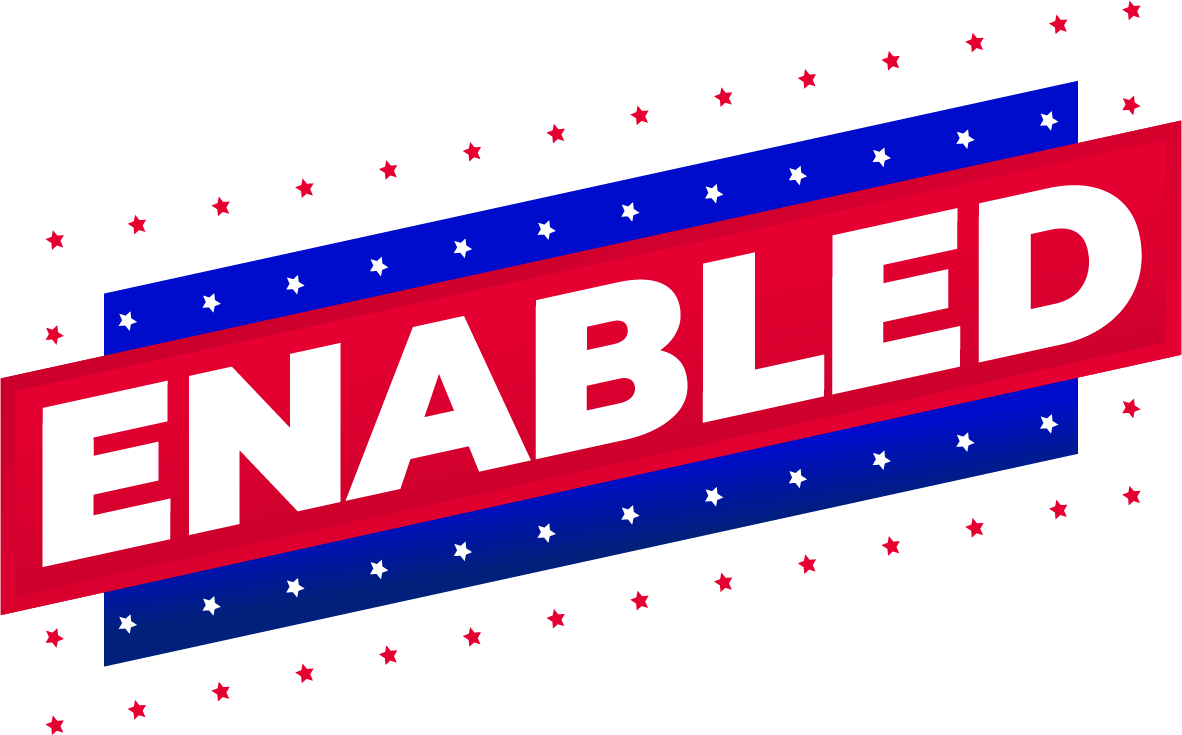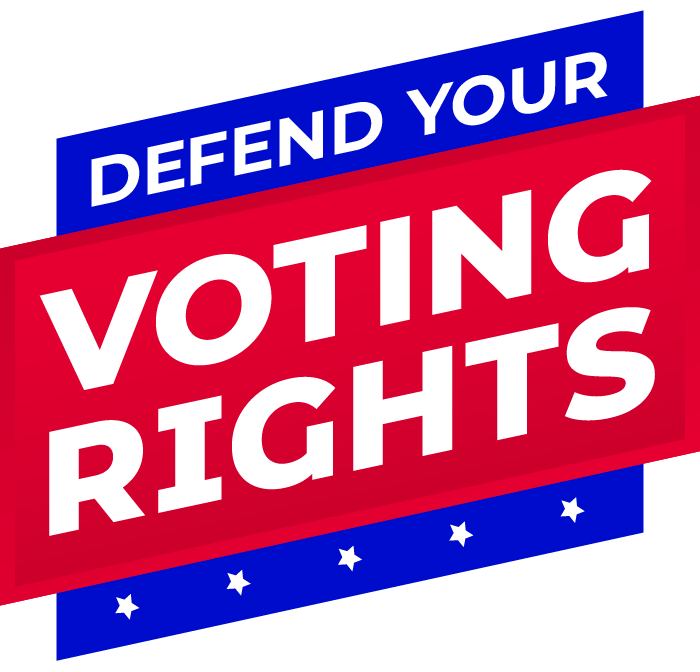“Politics ought to be the part-time profession of every citizen who would protect the rights and privileges of free men.”
– Dwight D. Eisenhower
“. . . prioritize public-spiritedness, tolerance, open-mindedness, and active engagement in public affairs”.
– Frances Fukuyama
“As humans, we all want self-respect – and keeping that in mind might be the missing ingredient when you try to change someone’s mind.”
Embrace the civic skills of critical thinking, deliberation and mutual respect
As humans, we all want self-respect – and keeping that in mind might be the missing ingredient when you try to change someone’s mind
Opinions | Want to help renovate American democracy? Welcome to Democracy, Refreshed.
Sign up for a newsletter series on how to renovate the republic.
Opinion by Danielle Allen
https://www.washingtonpost.
PBS Newshour Clinic
Civic Learning
March 18, 2024
What a terrific Civic Learning Week! In case you missed it, we recommend going through the hashtag #CivicLearingWeek on Twitter/X and checking out the list of programs and events here.
Following an inspiring webinar by the Jack Miller Center on the importance of civil discourse, we wanted to share a lesson we created based on Judy Woodruff’s America at a Crossroads series, Reinventing American democracy. The video lesson features Danielle Allen, political theorist at Harvard University, and one of the speakers on the Jack Miller Center’s webinar. Don’t miss our weekly Brooks & Capehart lesson, two men who really know how to disagree civilly!
As election 2024 gets closer, you might also want to check out the lesson How to spot manipulated media, from ‘cheap fakes’ to misleading photos, and this lesson, How AI-generated misinformation threatens election integrity.
In celebration of both civic education and Women’s History Month, take a look at our Civil War interactive lesson on Journalism in Action to learn how three sisters living inside the Confederacy started their own pro-Union newspaper. One of the sisters, Lida Dutton, also wrote President Abraham Lincoln a letter explaining the hardships they were experiencing due to the blockade but were clear to say that Lincoln had their support.
Lastly, a reminder to register now for Student Reporting Labs’ (SRL) Teacher Workshop July 19-21.As always, feel free to write education@newshour.org with any suggestions or questions.
The curious joy of being wrong – intellectual humility means being open to new information and willing to change your mind
How Do I Launch My Own Ben Franklin Circle?
You have the passion and the purpose. All you need now is the people and the protocol. Browse our Toolkit and check out the six steps below for starting a Ben Franklin Circle dedicated to personal and social change.
Braver Angels
Launched in 2016, Braver Angels is a national movement to bring liberals, conservatives and others together in a grass roots level – not to find centrist compromise but to find each other as citizens. Through workshops, debates, campus engagement and more, Braver Angels helps Americans understand each other beyond stereotypes, form civic alliances, and reduce the vitriol that poisons our civic culture.
braverangels.org
Constructive Dialogue Institute
https://constructivedialogue.org/about
We work with institutions across the education, for-profit, non-profit, and public sectors to help them communicate across differences and build inclusive cultures.
As our political parties increasingly align with core aspects of our identities, Americans now see ourselves as belonging to distinct tribes, locked in a zero-sum battle for the fate of our nation’s future.
Americans are living in alternative realities, where there is no longer agreement on basic facts. These trends pose an enormous threat to our institutions and democracy.
Touchstones Discussion Project: “Building Community Through Discussion”
Touchstones helps to build respectful, inclusive communities through discussion-based programs. Learners of all ages and walks of life ways improve the skills essential to healthy community and a vibrant democracy: speaking, active listening, reflective thinking, problem solving, and collaboration.
Explore Touchstones’ Programs. Educator Resources and Store @ https://www.touchstones.org
Through its acclaimed discussion-based programs, Touchstones Discussion Project helps to build respectful, inclusive communities. Learners of all ages and walks of life ways improve the skills essential to a healthy community and vibrant democracy – speaking, active listening, reflective thinking, problem solving, and collaboration.
For Programs. Educator Resources and Store see https://www.touchstones.org
What Conversation Can Do for Us
And, if you prefer to argue a point, argue it well:
How to Argue Well
Opinion Columnist
School’s in session. Workers have been summoned back. Campuses are open for protests and counterprotests, invitations and disinvitations. And a nasty round of midterms is upon us.
That’s plenty of fodder for argument, and that’s leaving out perennial sources of conflict like who was supposed to load the dishwasher. Who wants to pick a fight first?
Because fight it out we will. In a country riven by discord, the extent of disagreement among people, their political representatives and their media outlets feels simultaneously intransigent, untenable and entirely inevitable. Not only are we bad at agreeing with one another; we’re also terrible at arguing with one another.
Part of the problem may be that we’re not arguing over the right things. Part of the problem may be that we’re not arguing well. And part of the problem may be that we’re not arguing enough.
A little high school debate club might help.
Bo Seo, a 28-year-old two-time world debating champion, says the problem of polarization isn’t so much that we disagree but rather that “we disagree badly: Our arguments are painful and useless.” We spend more time vilifying, undermining and nullifying those we disagree with than opening or changing their minds. If more people took their cues from the world of competitive debate, he argues in a recent book, it would be easier to get people to reconsider their views or at least consider those of others.
Let’s consider his argument. In his book, “Good Arguments: How Debate Teaches Us to Listen and Be Heard,” Seo, now a second-year student at Harvard Law School, says what we need is to disagree more but to do so constructively. In debate, he writes, rebuttal — arguing back — is “a vote of confidence not only in ourselves but in our opponents, one that contained the judgment that the other person was deserving of our candor and that they would receive it with grace.” Approaching arguments with reason, logic, respect and empathy can help people handle opposing views.
While that may not work on Twitter, where character assassination and chasing likes win over good-faith argument, or in electoral debates, which have become little more than sponsored advertisements or opportunities to loom menacingly over one’s opponent, it may work in real life. But you have to keep in mind a few key principles.
First, know when to engage. Arguments, Seo reminds us, are “easy to start and hard to end.” For a dispute to go well, it should be real, important and specific. You need to have a point to make, not just an emotional conflict or complaint to air. If someone has hurt you, figure out why; that becomes a real basis for argument.
Next, pause to consider how important that point is and whether it’s worth arguing over. Finally, stick to the specific dispute at hand so that the argument doesn’t expand or spiral. If the disagreement really is over the dishwasher (and look, there’s often cause), don’t let it become a referendum on your marriage.
Once you’ve decided to argue, Seo says, know what it is you’re arguing about. To begin, determine the fact, judgment or prescription that you would like someone else to accept. Let’s say it’s “Jen is a team player.” In order to make that claim, add the word “because” and give your reason (“because she involves everyone in the department”). From there, you offer substantiation and evidence to back it up. (“She always goes around the room.” “She checks in with her crew weekly.”) That’s making your case.
Importantly, showing how someone else is wrong isn’t the same thing as being correct yourself. In debate, tearing down the other team doesn’t necessarily prove your team is in the right, nor is it likely to persuade anyone who didn’t agree with you in the first place. “No amount of no is going to get you to yes,” one of Seo’s coaches once told him.
Finally, never let a bully dictate the terms of debate. If faced with a brawler — someone whose aim is, as Seo puts it, “not to persuade but to silence, marginalize and break the will of their opponents” — your only hope is to restore the structure of the debate. In other words, see above.
Some say competitive debate is a flawed model for healthy discourse, whether for domestic disputes or political disagreements. In an essay in The Dublin Review, the novelist Sally Rooney, a former champion debater, characterized formal debate as overly aggressive and possibly immoral. “For the purposes of this game, the emotional or relational aspects of argument are superfluous,” she wrote. The novelist Ben Lerner, who also spent years as a debater, an experience he drew from in his 2019 novel, “The Topeka School,” told me he had to unlearn the idea “that every conversation ended with a winner and a loser.”
Whatever the shortcomings of school debate, our prevailing models for arguing — cable news and courtrooms — certainly don’t offer much hope. As Mark Oppenheimer, a former religion reporter for The Times and the author of a memoir about debate, told The New Yorker in 2010, “the sound-bite culture has ruined it all.” And that was 12 long years ago.
But Seo thinks we idealize a past of civil disagreement. “Those were times when people weren’t able to speak,” he told me recently. “The disagreements were there; they just weren’t visible. What we’re doing right now is unprecedented, which is to allow a diversity of people to speak.” Avoiding difficult conversations, he says, can “shade into contempt and otherness.”
The best place for those disagreements may be outside our current public forums for debate — places that offer a chance to meet people where they are rather than to perform in front of an audience. Rather than annihilate a classmate in a large lecture hall, invite him to coffee. Take a conversation offline, which removes the incentives to escalate. You can’t deplatform your uncle at Thanksgiving, Seo points out.
After the long hibernation of Covid and a few especially brutal years of online discourse, we could all use a little practice having face-to-face disagreements again. That much, at least, is inarguable.
[Boldface added]
How to counter today’s tribalism and build ‘a more perfect union’
“Every citizen of this country should be guaranteed that their vote matters, that their vote is counted, and that in the voting booth, their vote has as much weight as that of any CEO, any member of Congress or any President.”

